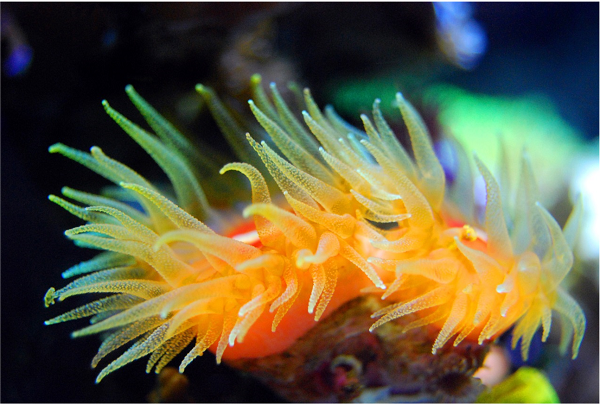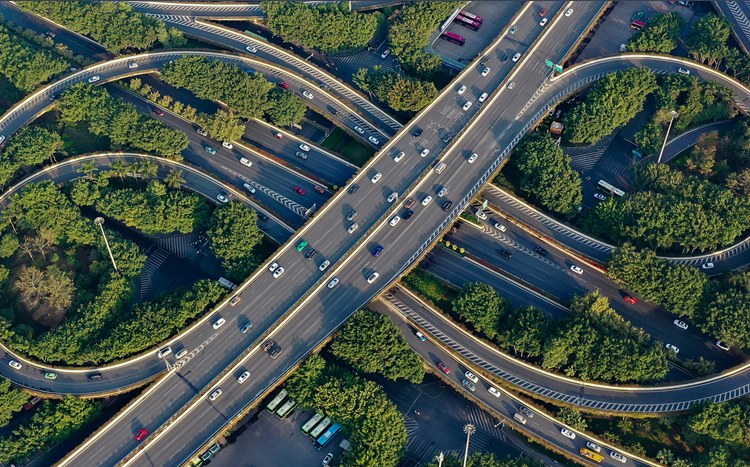Guardian of the reef

CHINA DAILY
In November 2022, he took charge of an ecological restoration project for the coral reef on Weizhou Island, led by Guangxi University and supported by the National Ecological Restoration Fund. This project oversees a 30-hectare restoration zone — 150 times larger than the area Huang was working on at that time.
Currently serving as deputy director of the Guangxi Laboratory on the Study of Coral Reefs in the South China Sea, Huang has led advancements in land-based coral aquaculture and marine cultivation techniques. His team's achievements in coral population genetics, temperature adaptation mechanisms, and reef restoration demonstrate their dedication to marine conservation.
As Huang intensifies conservation efforts, his presence on Weizhou Island has become increasingly pronounced, spending nearly 200 days there in 2023 alone.
Balancing responsibilities between academia and fieldwork, Huang and his team diligently transport equipment, including seedbeds and artificial reefs, to support coral restoration endeavors.
"It is difficult to use mechanical equipment on the beach, so we can only rely on manpower, which is quite demanding," said Huang.
Up to now, the team has established three nursery zones where they have set up 120 seedbeds, 200 fiberglass reefs, 500 large cement reefs, and transplanted over 40,000 coral seedlings.
Their persistent efforts have resulted in a survival rate of over 80 percent for coral in the northern restoration zone, fostering thriving coral colonies that attract diverse marine life.
Beyond his roles as a researcher and educator, Huang is also the director of the Coral Museum on Weizhou Island, where he promotes coral conservation education among students.
The museum, a collaborative project between the School of Marine Sciences at Guangxi University and the Weizhou Island Tourism Management Committee, stands as a premier hub for coral reef research and public outreach in China.
Huang's dedication to marine education extends to delivering more than 80 coral reef lectures at schools, universities, public forums, and science exhibitions, emphasizing the importance of coral reef preservation.
"I hope more individuals will join our cause to protect coral reefs," Huang said. "In the future, our team will continue to update our technology and restore more damaged coral reefs. Once our experience on Weizhou Island matures, we plan to expand it to the South China Sea and even overseas."














